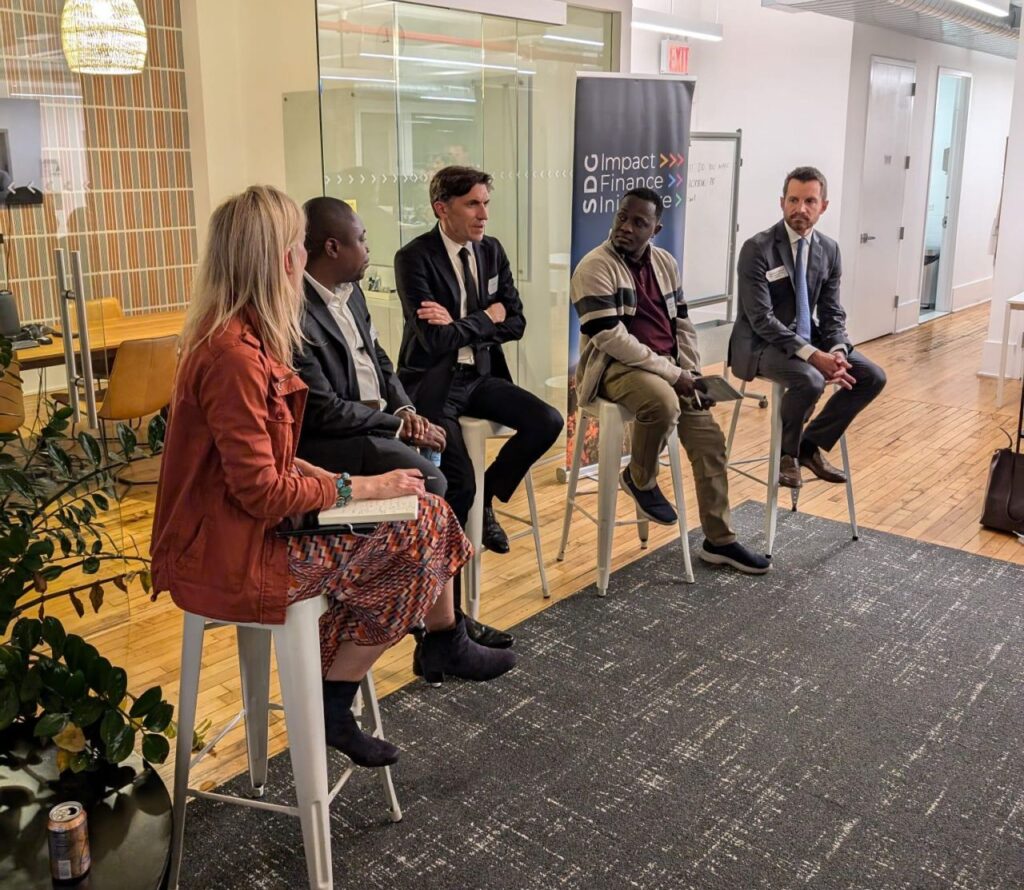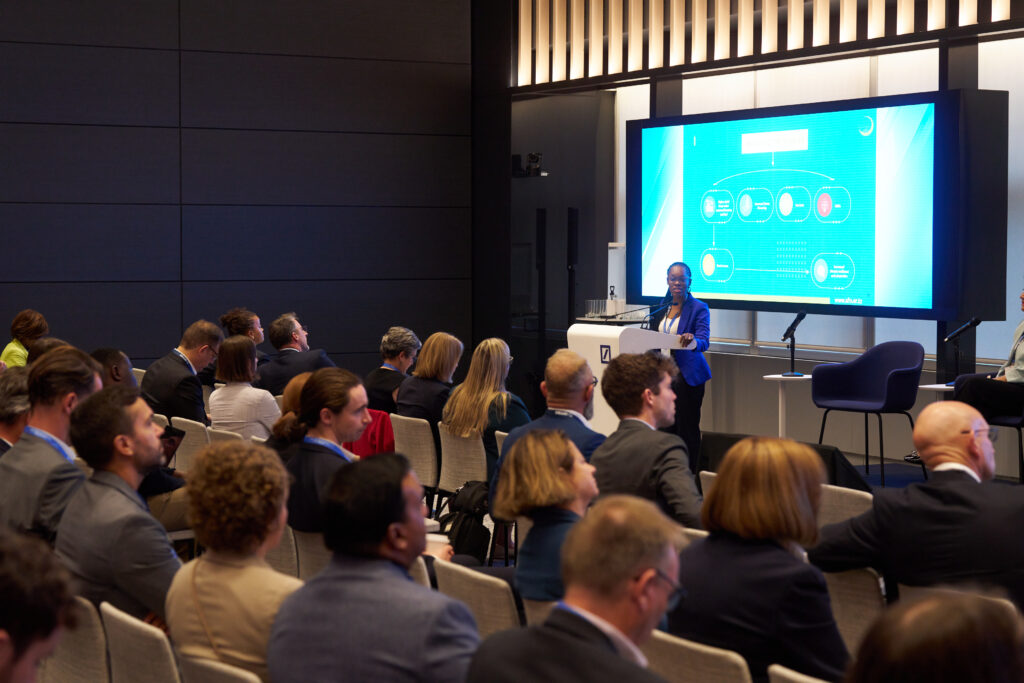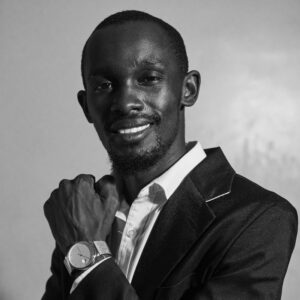The New York Climate Week 2024, held from September 22-29, brought together global leaders, innovators, and changemakers to address pressing climate challenges. However, the representation and voice of African nations in such high-profile events remain a critical concern. The continent, despite contributing minimally to global emissions, faces some of the most severe impacts of climate change.
The 2024 event emphasized on the crucial role of healthy ecosystems in addressing climate change. As highlighted by the Wildlife Conservation Society (WCS), nature accounts for 30% of the climate solution but receives only a fraction of climate-related investments.
Aqua-Farms Organization (AFO) representatives Ms. Nancy Iraba, Arnold Shoko, and Jerry Mang’ena participated in various sessions, gaining valuable insights and sharing their experiences in marine conservation and sustainable coastal livelihoods.
Aligning with the Global Climate Agenda
The discussions at Climate Week NYC 2024 emphasized several key themes that align closely with the global climate agenda:
- Sustainable Development Goal (SDG) 14: Life Below Water was highlighted as the second most underfunded SDG, underscoring the urgent need for increased investment in ocean-related initiatives.
- Ecosystem-based Conservation: Participants stressed the importance of considering local needs in conservation efforts, a principle that AFO has long championed in its work with coastal communities.
- Climate Finance: The need for innovative funding mechanisms to support climate action, particularly in developing countries, was a recurring theme throughout the week.
AFO’s Interventions
AFO‘s work in marine conservation and sustainable coastal livelihoods was well-represented at the Climate Week, with several initiatives gaining recognition:
During this year’s climate week our Executive Director, Jerry Mangena also had an opportunity to panel at the Innovation Showcase: Blended Finance for Climate Action where beside discussing on participating in a panel discussion on real-world challenges and successes in climate finance also had an opportunity to highlight on collaboration with the SDG Impact Finance Initiative (SIFI), Convergence Blended Finance and Mawimbi Ocean Innovations which is helping to close the data gap for informed investments in seaweed farming across East Africa under the Africa Fair Seaweed Finance Facility. This support is paving the way for sustainable and impactful growth in the region’s seaweed sector.

Seaweed Farming Progress in Tanzania
Another engagement at the ORRAA Member Meeting was attended by Ms. Nancy Iraba who presented on “How AFO is empowering women seaweed farmers in Tanzania”, this intervention which has received catalytic funding from the Ocean Risk and Resilience Action Alliance (ORRAA).
Key highlights included:
- A $50,000 grant to support women seaweed farmers in Kilwa (Southern Tanzania) through a “Rent to Own” model.
- Implementation of deeper water farming technologies, market access improvements, and financial literacy training.
- Deeper insights on plans for the first “Africa Seaweed Finance Facility,” aiming to mobilize $50 million over five years to assist 25,000 seaweed farmers in Tanzania, Kenya, and Mozambique.

Rethinking Conservation Funding
Arnold Shoko participated in a session hosted by Maliasili, which focused on improving philanthropy for local African organizations. His key points included:
– The need for donors to take “leaps of faith” with smaller, growing organizations.
– Bridging the gap between funders and local organizations through better understanding and communication.
– The importance of intermediaries like Maliasili in supporting grassroots organizations.
Key Takeaways for Marine Conservation and Sustainable Livelihoods
- Trust and Flexibility: Donors should prioritize building long-term, trusting relationships with local organizations, offering flexible funding that allows for growth and learning.
- Collaboration: Shared goals between funders and local groups should drive collaboration, with larger organizations supporting smaller entities.
- Local Expertise: Involving “doers” as advisers can enrich funding strategies and ensure that conservation efforts are grounded in local realities.
- Long-term Vision: Funding should focus on long-term growth and capacity building, not just short-term projects.
- Innovation in Finance: The success of AFO’s seaweed farming project demonstrates the potential of innovative financing models in supporting sustainable coastal livelihoods.
In conclusion, we extend our heartfelt gratitude to the numerous organizations that have played pivotal roles in advancing sustainable development and providing crucial financial support for impactful projects. We thank Maliasili for their dedication to improving philanthropy for local African organizations and bridging the gap between funders and grassroots initiatives. Our appreciation goes to the Ocean Risk and Resilience Action Alliance (ORRAA) for their catalytic funding and support of innovative projects like the seaweed farming initiative in Tanzania. We’re grateful to Convergence Blended Finance for their commitment to mobilizing funds for sustainable coastal livelihoods. The efforts of the Wildlife Conservation Society (WCS) in emphasizing the crucial role of healthy ecosystems in addressing climate change are commendable. We also recognize the World Climate Summit for facilitating public-private partnerships essential for decarbonization efforts.
These organizations, among many others, have demonstrated a great commitment to creating sustainable impact and providing access to finance for critical projects that are subject to the Global Climate agenda. Their collective efforts are instrumental in our journey towards achieving the Sustainable Development Goals and building a more resilient, equitable, and sustainable future for all.

Javis Bashabula
Communications Lead-AFO

